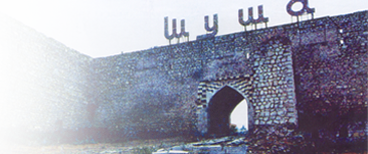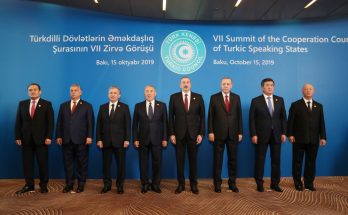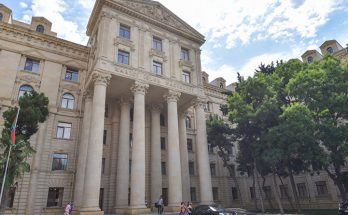
Activity of International Committee of the Red Cross was discussed on June 26 at the plenary meeting of the PACE summer session. Member of Azerbaijani delegation to the PACE, Ganira Pashayeva made a speech at the discussions participated by Jakob Kellenberger, President of the ICRC, APA’s European bureau reports. She stated that 4264 Azerbaijanis, missing as a result of occupation of 20 % Azerbaijani lands by Armenia, are registered and searched by the Azerbaijani State Committee on captives, missing people and hostages established in 1993. “1396 Azerbaijanis have been released from Armenian captivity since the aggression started. The ICRC has mediated in the release of some of them. Unfortunately, the majority of these persons have lost their health because of inhuman detention conditions. I can present the photos proving tortures suffered by Azerbaijani women and children who were later released from Armenian captivity”, she said. Ganira Pashayeva reminded that international organizations had offered to establish direct contacts between relevant Azerbaijani and Armenian State Committees and hold meetings to increase efficiency of searching missing people and captives, and official Baku, having accepted this proposal, had the meeting with Armenian party in Tbilisi in 2005 and in Brussels in 2006. “But much to my regret, after those meetings, Armenian party’s treatment of captured Azerbaijanis has not changed. Using captives’ for political purposes, Armenian special services still attempt to involve them in secret cooperation.
We believe these actions are against the international legal norms and human rights, and consider them as a refusal of humanitarian cooperation”, she said.
Pashayeva focused the OSCE members’ attention on the fact that she had her classmates and friends among the missing people and captives.
“The most difficult thing in the world is to find an answer to the question of a captive’s mother who asked “when will my child be released?”. There is not a more difficult and hard thing as not to find an answer to the question of a child, looking for his father and mother for many long years, who asked “do you think I can see my parents again?”. Thousands of families wake up with hope that they will get good news once and fall asleep with grief that “no news has come today as ever”.
We call on you and all the assembly members not to be indifferent to these people’s fate and use all the means of influence and pressure to release these people from the captivity”, she said.
APA




